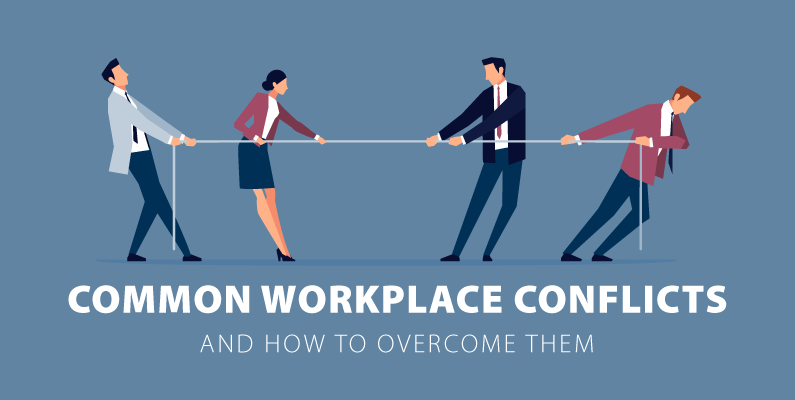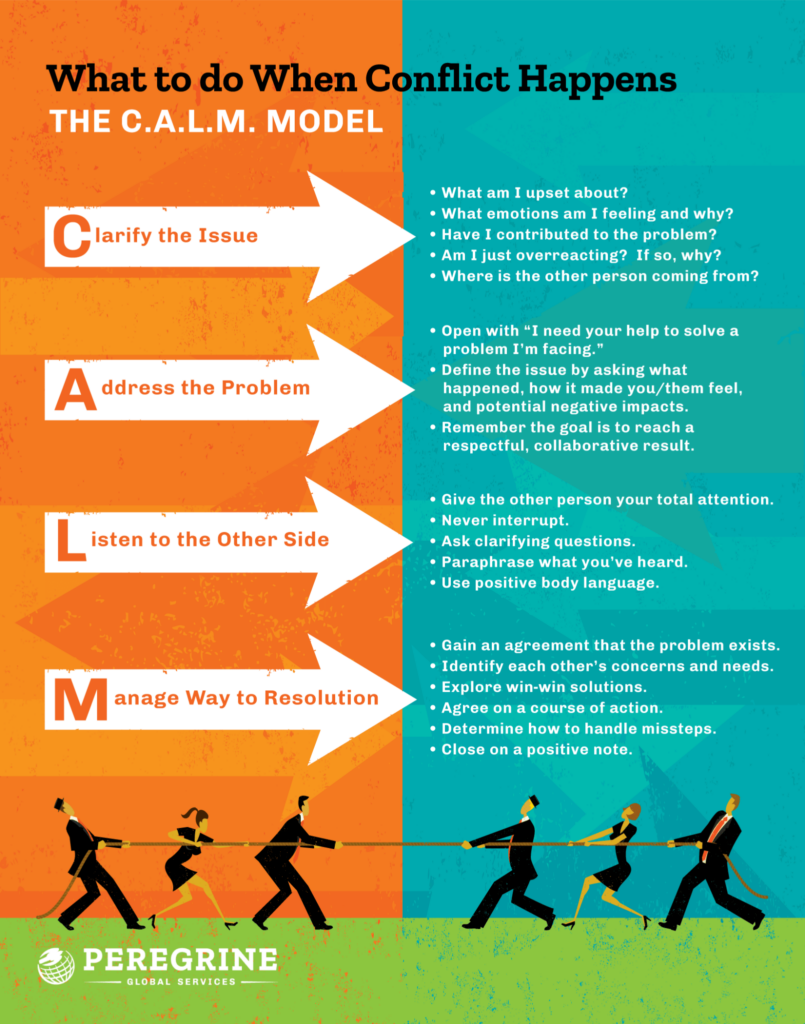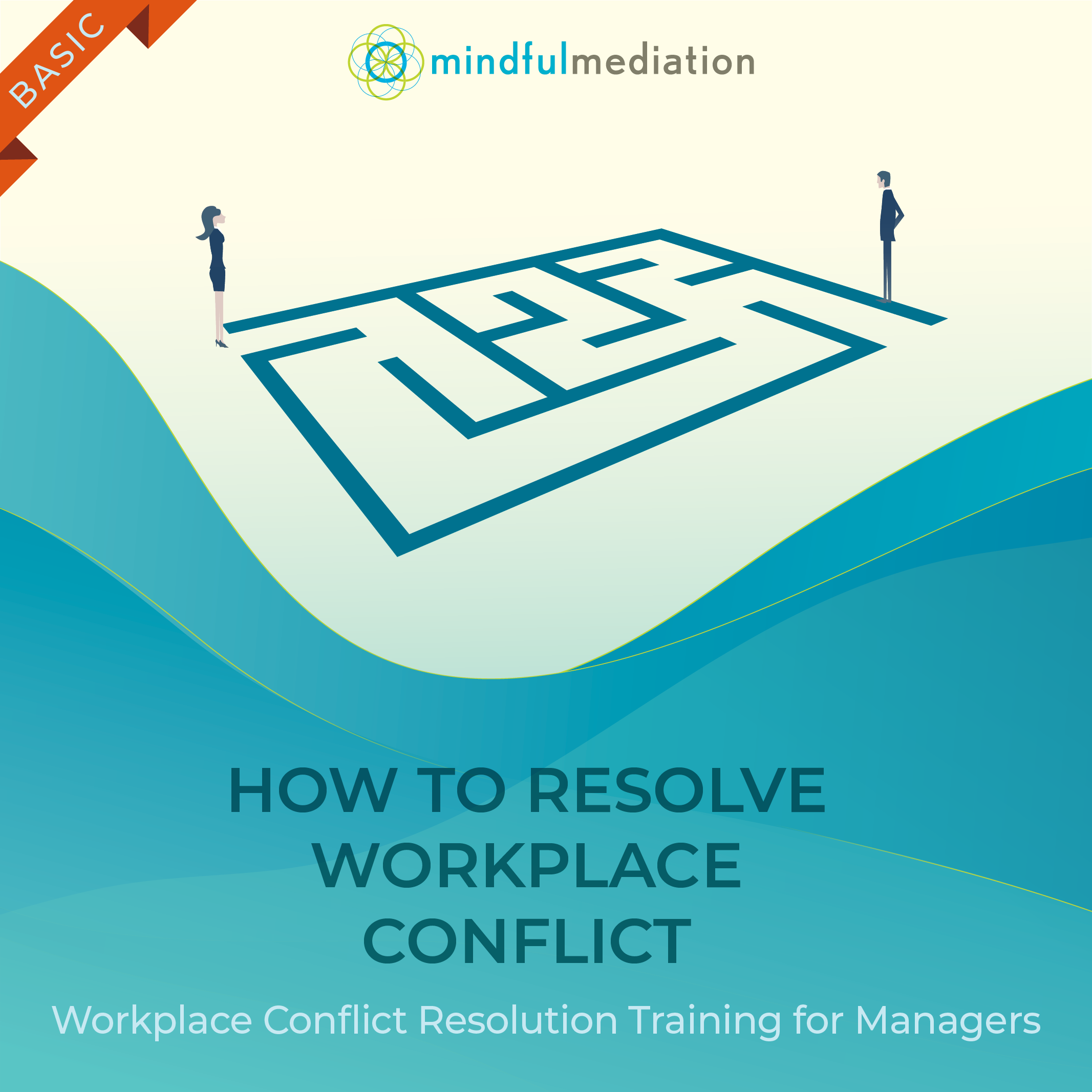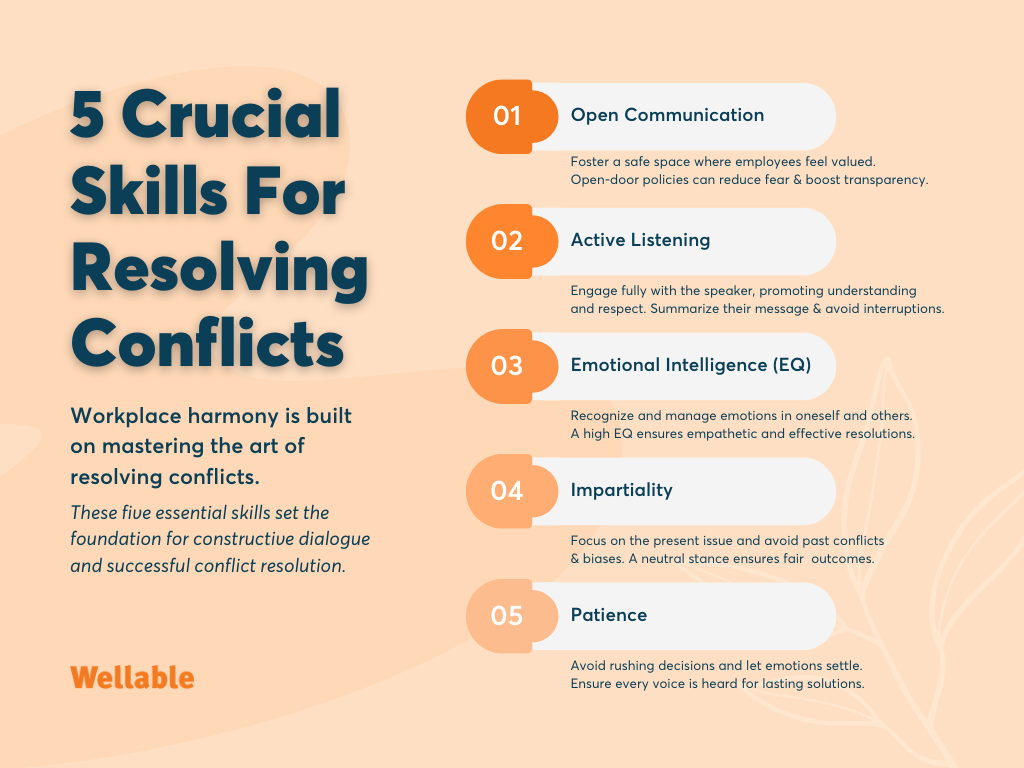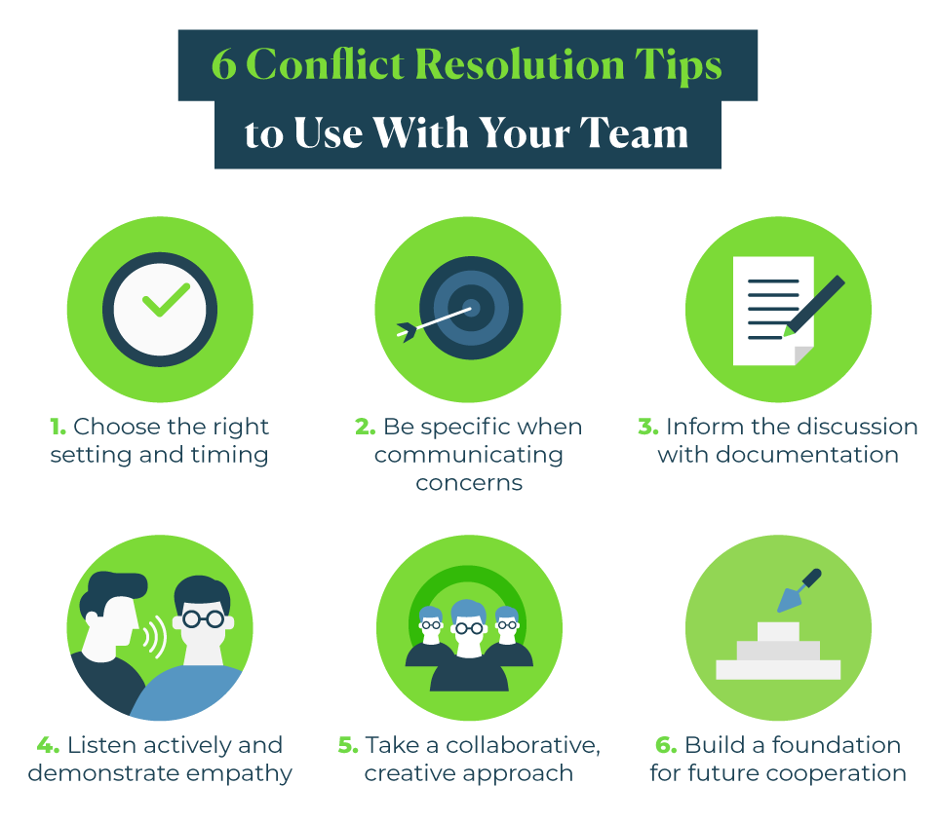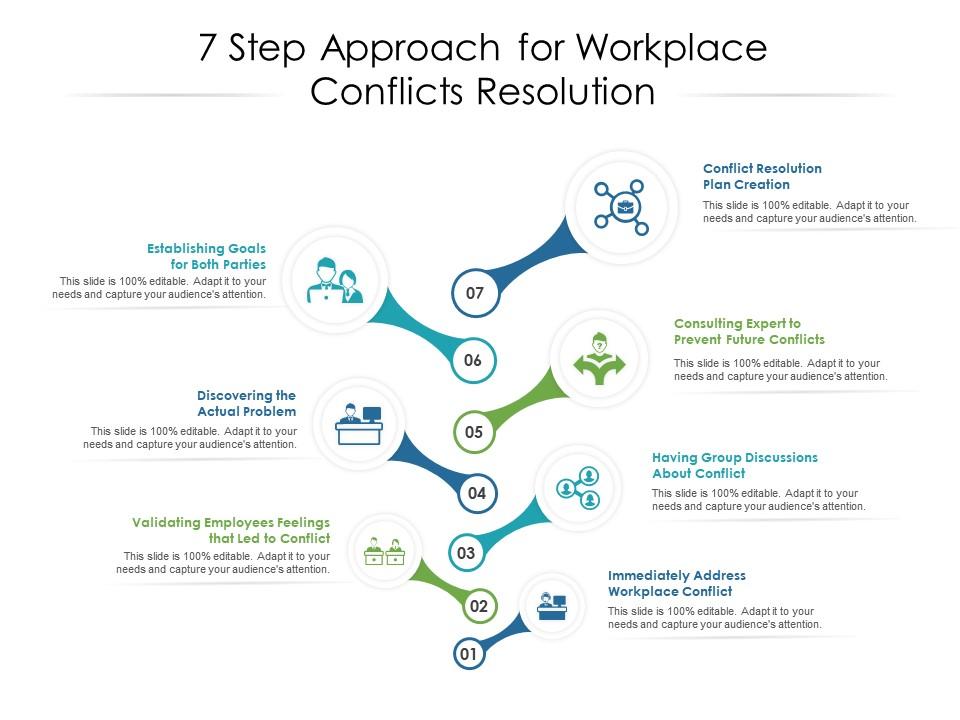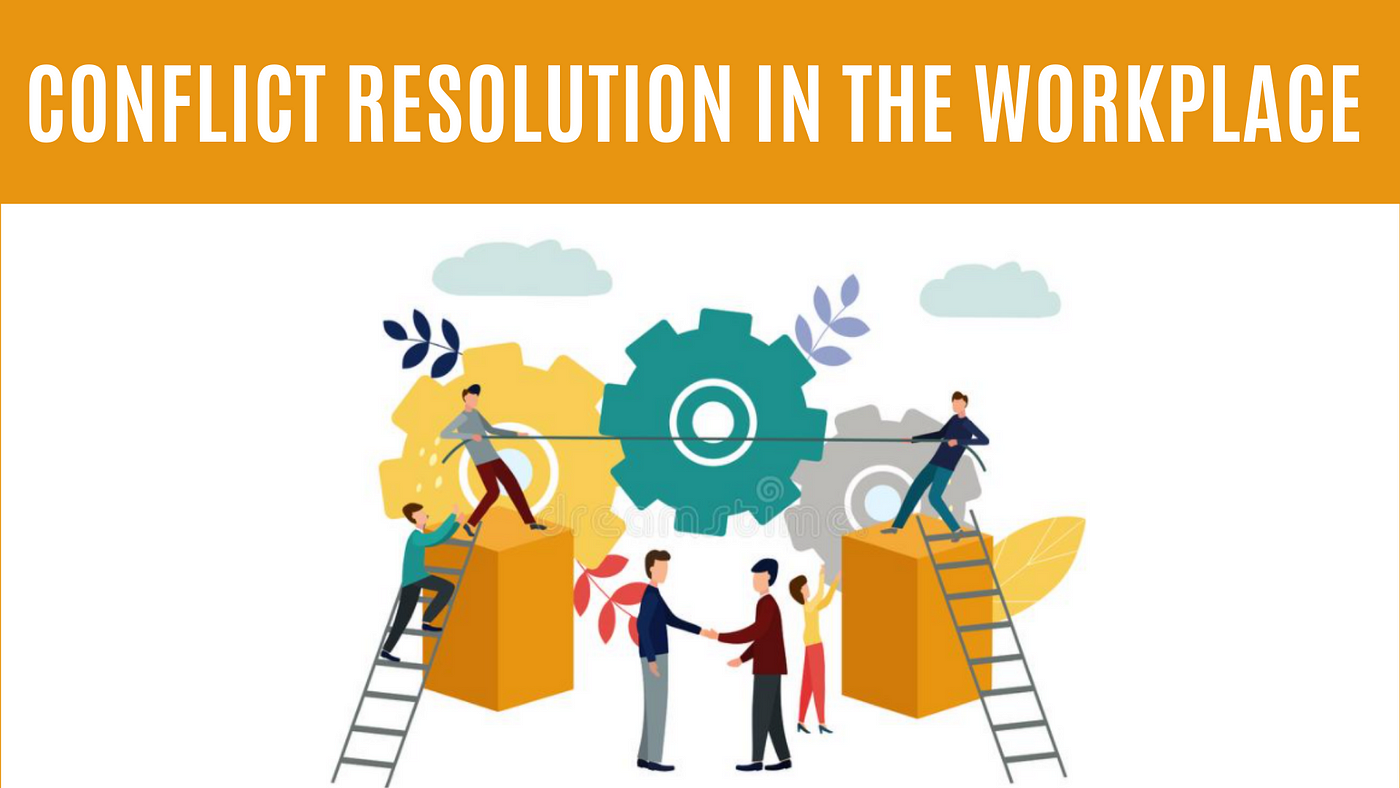How To Resolve Workplace Conflicts
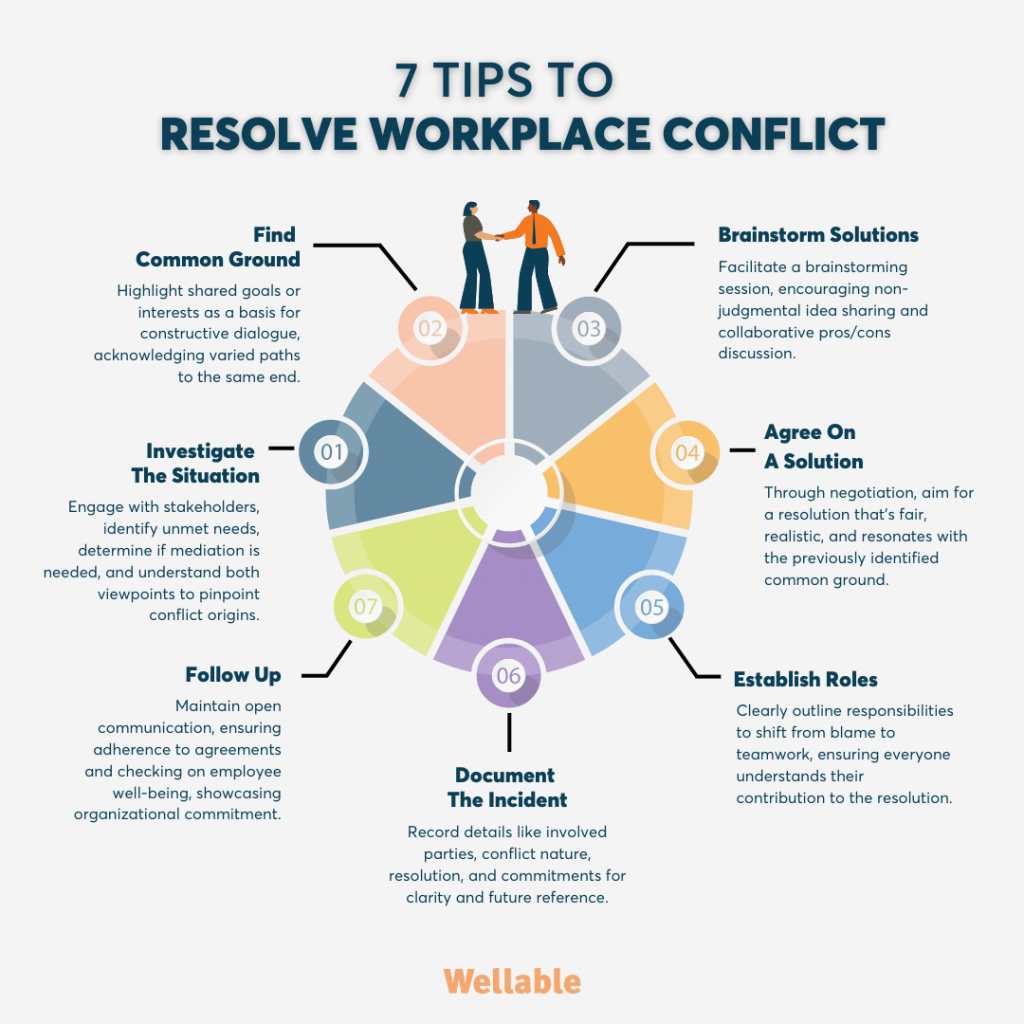
Tensions escalating at work? Workplace conflicts are costing companies time and money, demanding immediate resolution.
This article provides actionable strategies for employees and managers to de-escalate disputes and foster a more productive environment, based on proven conflict resolution methodologies.
Understanding the Roots of Workplace Conflicts
Conflicts arise from various sources, including miscommunication, differing opinions, and resource scarcity. Identifying the root cause is the first crucial step.
Poor communication, according to a 2023 study by CPP Global Human Capital Report, is the primary driver in 70% of workplace disputes. Unclear expectations and lack of transparency contribute significantly.
Common Conflict Scenarios:
Disagreements over project direction, personality clashes, and unfair resource allocation are frequent triggers. Power imbalances and competing priorities often exacerbate these issues.
Immediate De-escalation Techniques
When a conflict erupts, rapid intervention is key. Focus on calming the situation and establishing a safe space for dialogue.
Active listening is critical. Empathetically acknowledge each person's perspective and ensure they feel heard. Avoid interrupting or judging.
Use "I" statements to express your feelings and needs. This minimizes blame and promotes open communication.
Formal Conflict Resolution Processes
For persistent or severe conflicts, a formal resolution process is necessary. This may involve mediation, arbitration, or internal investigations.
Mediation involves a neutral third party facilitating a conversation between disputing parties. The mediator helps them identify common ground and reach a mutually agreeable solution.
Arbitration, unlike mediation, involves a neutral arbitrator making a binding decision. This is typically used when parties cannot reach an agreement themselves.
Companies should have clearly defined conflict resolution policies outlining these processes. Ensure all employees are aware of these policies and how to access them.
The Role of Leadership
Managers play a critical role in preventing and resolving workplace conflicts. They must foster a culture of open communication and mutual respect.
Proactive conflict management training for managers is essential. Equip them with the skills to identify early warning signs and intervene effectively.
Transparency in decision-making and consistent application of policies builds trust and reduces the likelihood of disputes. According to SHRM, companies with strong conflict resolution policies experience a 25% reduction in employee turnover.
Preventative Measures
Investing in preventative measures is more effective than simply reacting to conflicts. This includes improving communication channels, clarifying roles and responsibilities, and promoting diversity and inclusion.
Team-building activities and cross-departmental collaborations can foster stronger relationships and reduce misunderstandings.
Regular feedback sessions provide opportunities for employees to voice concerns and address issues before they escalate.
Employee assistance programs (EAPs) can provide confidential counseling and support to employees experiencing stress or conflict.
Next Steps
Implement the strategies outlined above to proactively address workplace conflicts. Regularly evaluate the effectiveness of your conflict resolution processes and make necessary adjustments.
Seek professional guidance from HR professionals or conflict resolution specialists for complex or sensitive situations. Don't delay – a proactive approach safeguards productivity and morale.
Ongoing monitoring and continuous improvement are vital for maintaining a harmonious and productive workplace. Resolve the problem now, not later.
